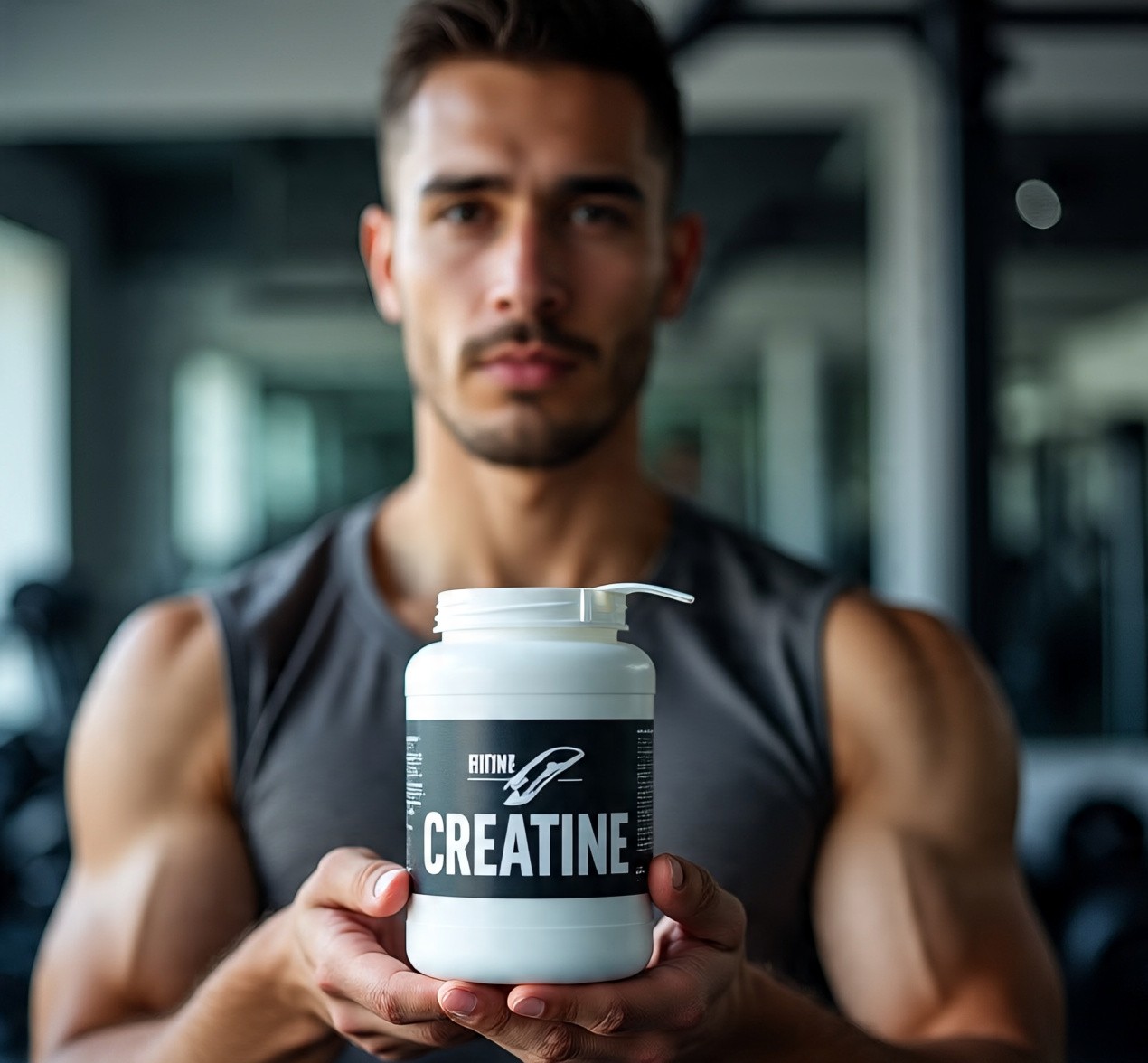What Is Creatine? Benefits, Uses & Side Effects Explained
Introduction to Creatine
Are you curious about what creatine is and how it can fit into your fitness routine? You’re not alone. Many athletes, bodybuilders, and health enthusiasts have turned to this supplement to enhance their performance and boost muscle growth. But what exactly is creatine? This naturally occurring compound plays a significant role in energy production during high-intensity exercise. It’s time to dive deeper into the world of creatine—exploring its benefits, uses, potential side effects, and tips for proper usage. Whether you’re looking to up your game at the gym or simply want to understand more about this popular supplement, you’ve come to the right place!
How Does Creatine Work?
Creatine is a naturally occurring compound found in small amounts in certain foods and synthesized by the body. It mainly resides in muscles, where it plays a crucial role in energy production.
When you engage in intense physical activities, your body uses adenosine triphosphate (ATP) as its primary energy source. However, ATP stores are limited and can deplete rapidly during exercise. This is where creatine steps in.
Supplementing with creatine increases your muscle’s phosphocreatine levels. Phosphocreatine acts like a reserve of high-energy phosphate groups. When ATP levels drop, phosphocreatine donates its phosphate group to regenerate ATP quickly.
This rapid replenishment allows for sustained performance during short bursts of activity, such as sprinting or weightlifting. Enhanced energy availability means you can push harder and train more effectively over time.
Benefits of Creatine
Creatine is renowned for its ability to enhance athletic performance. It boosts energy production during high-intensity workouts, allowing you to push through those last few reps or sprint a little longer.
This supplement also supports muscle growth. By increasing the water content in your muscles, creatine can make them appear fuller and more defined. Over time, this contributes to increased strength and mass.
Additionally, creatine may improve recovery times. Users often report feeling less fatigued after strenuous exercise, enabling quicker turnaround between workouts.
Cognitive benefits are emerging as well. Some studies suggest that creatine can support mental clarity and focus, making it beneficial not just for athletes but for anyone looking to sharpen their cognitive edge.
With all these advantages combined, it’s no wonder many people consider incorporating creatine into their fitness routine.
Common Uses of Creatine
Creatine is widely recognized for its role in sports performance and bodybuilding. Athletes often supplement their diets to enhance strength and endurance during high-intensity workouts.
Another common use of creatine is recovery. Post-exercise, it may help reduce muscle soreness and improve recovery times, allowing athletes to train harder and more frequently.
Fitness enthusiasts also utilize creatine as a means to increase lean muscle mass. When combined with resistance training, it can lead to noticeable gains over time.
Beyond the gym, some studies suggest that creatine might support cognitive function. This has sparked interest among those looking for mental clarity or focus enhancement during demanding tasks.
In addition, vegetarians and vegans sometimes turn to creatine supplementation. Since dietary sources are primarily animal-based, these individuals may benefit from an added boost in energy levels through this supplement.
Potential Side Effects of Creatine
While creatine is generally well-tolerated, some individuals may experience side effects. Water retention is one of the most common issues. This can lead to a temporary increase in weight as muscles hold onto more water.
Gastrointestinal discomfort, such as bloating or cramps, can also occur. Taking too much at once might intensify these symptoms, so it’s wise to start with smaller doses.
Some users report muscle cramping or strains during intense workouts. Although there’s no definitive evidence linking creatine directly to cramps, staying hydrated helps mitigate this risk.
Kidney health concerns surface for those with pre-existing conditions. It’s essential for such individuals to consult healthcare professionals before starting any supplement regime.
Mood changes have been noted by a small number of users. While research on this topic is limited, it’s something worth monitoring if you decide to use creatine regularly.
How to Use Creatine Properly
To use creatine effectively, timing and dosage matter. A common approach is the loading phase, which involves taking about 20 grams per day for five to seven days. This helps saturate your muscles quickly.
Once loaded, a maintenance dose of 3 to 5 grams daily suffices. You can mix it with water or a protein shake for convenience.
Staying hydrated is crucial when supplementing with creatine. Drink plenty of water throughout the day to support muscle function and prevent dehydration.
Consider cycling on and off creatine as well. For instance, using it for three months followed by a month off may help maintain its effectiveness over time.
Combining creatine with carbohydrates can enhance absorption into your muscles. A post-workout meal or snack containing carbs might be beneficial in this regard.
Conclusion: Is Creatine Right for You?
When considering whether creatine is right for you, it’s important to weigh the benefits against potential side effects. Creatine has been shown to enhance muscle performance and promote faster recovery, making it popular among athletes and fitness enthusiasts. However, individual responses can vary.
If you’re involved in high-intensity sports or looking to increase your strength, creatine might be a valuable addition to your regimen. Always consider consulting with a healthcare professional before starting any supplement plan, especially if you have underlying health conditions or concerns.
Understanding how creatine works and its various applications will help you make an informed decision tailored to your fitness goals. Whether it fits into your routine may depend on personal preferences and lifestyle choices.
